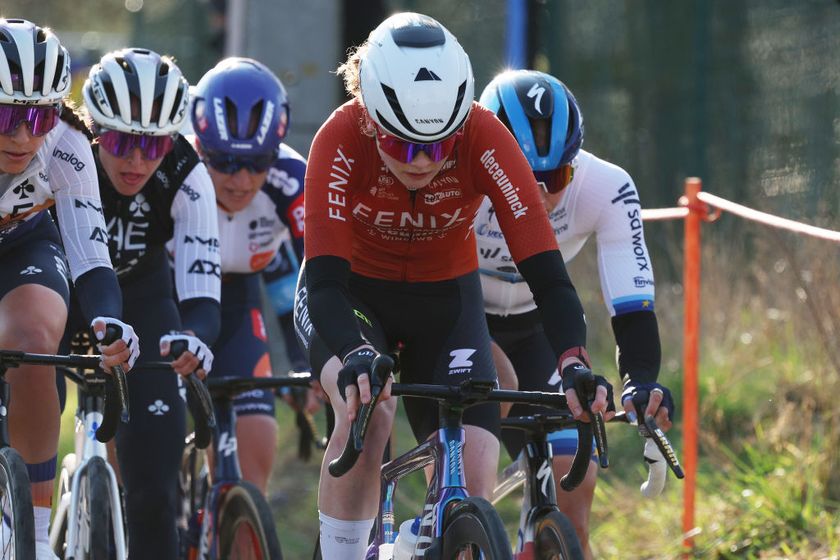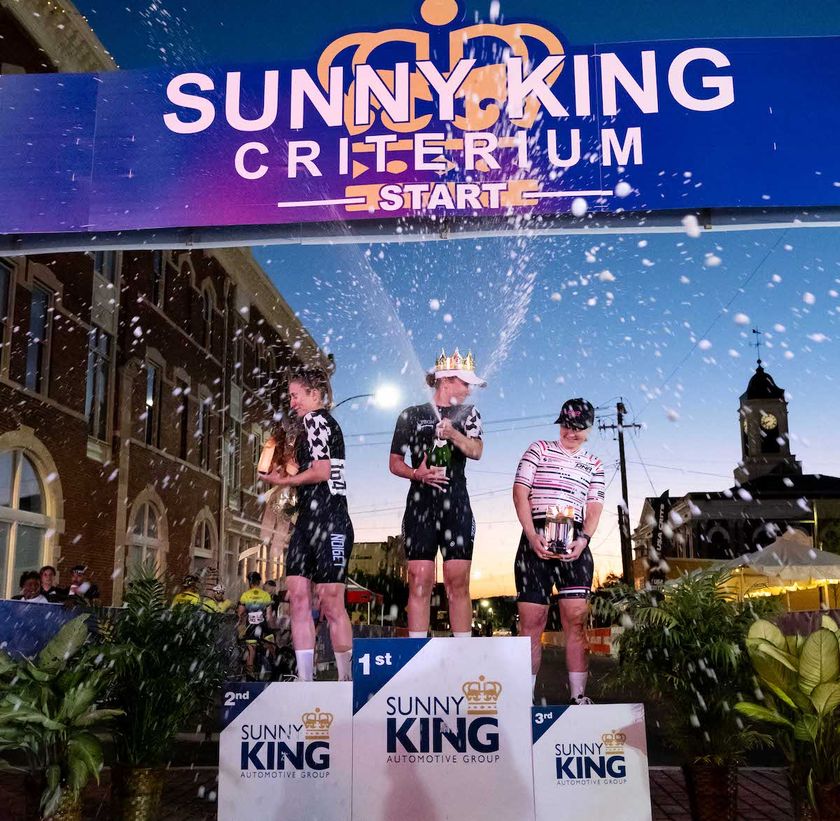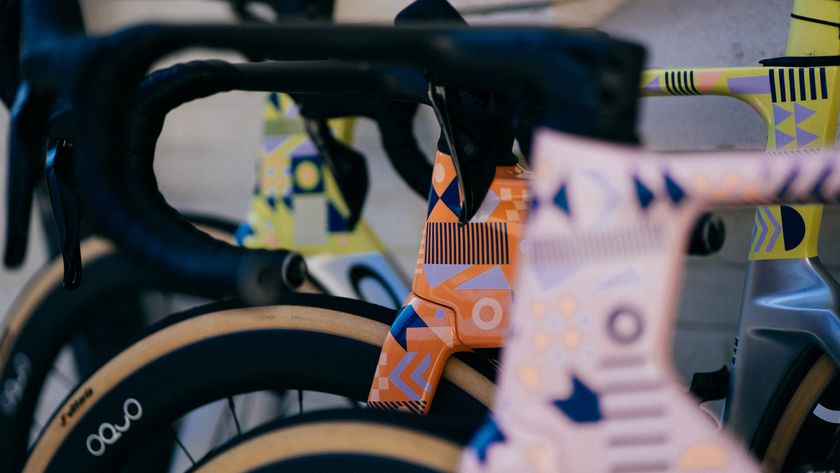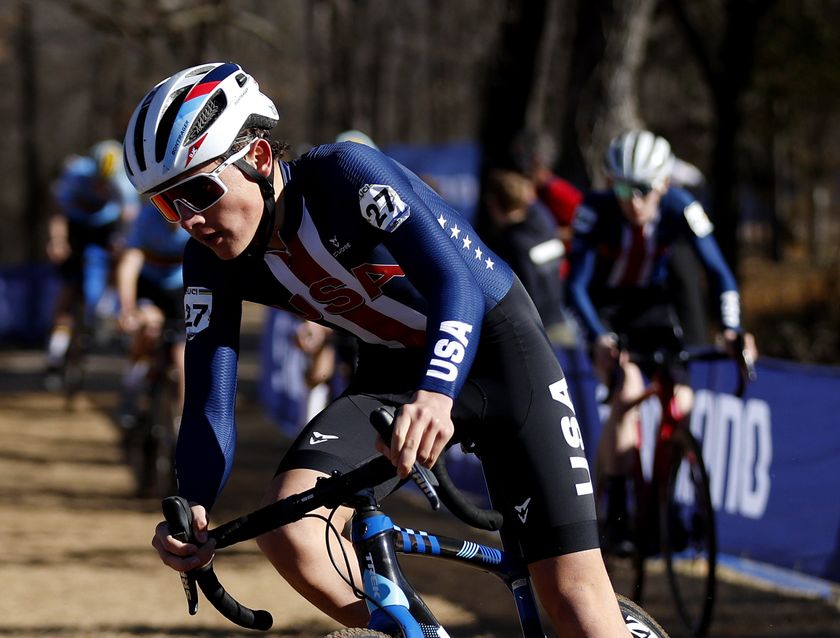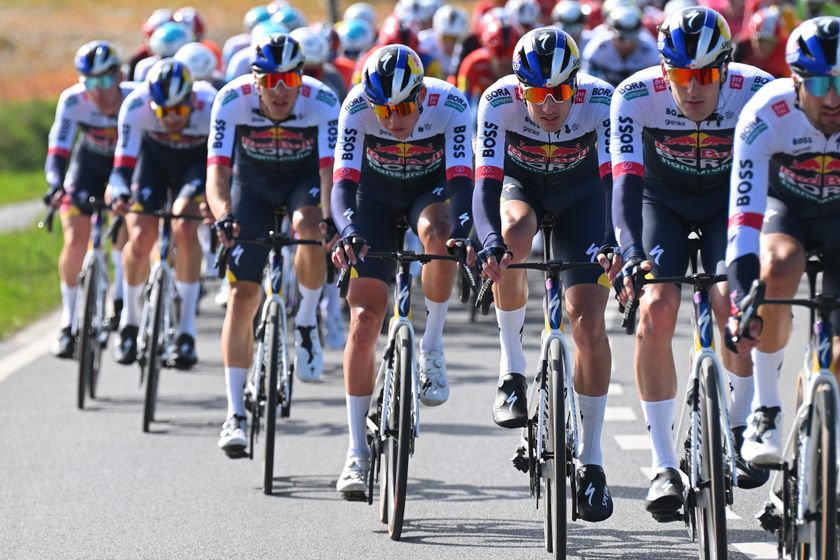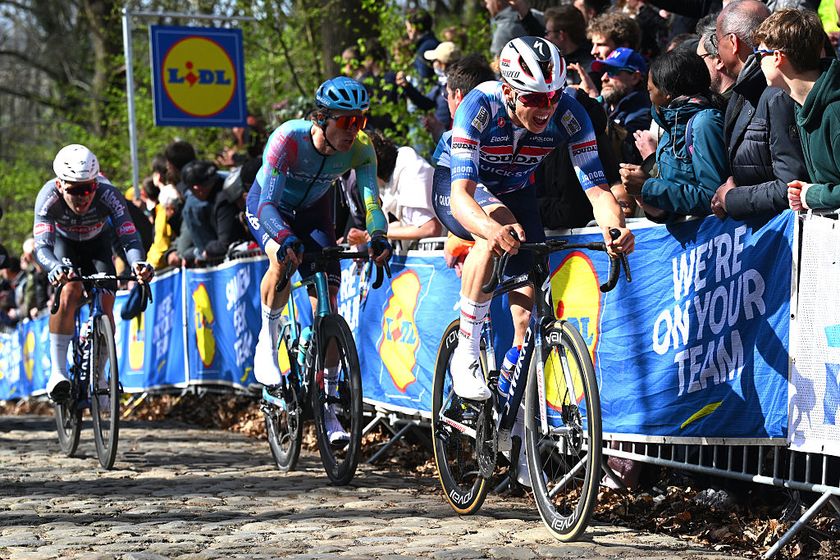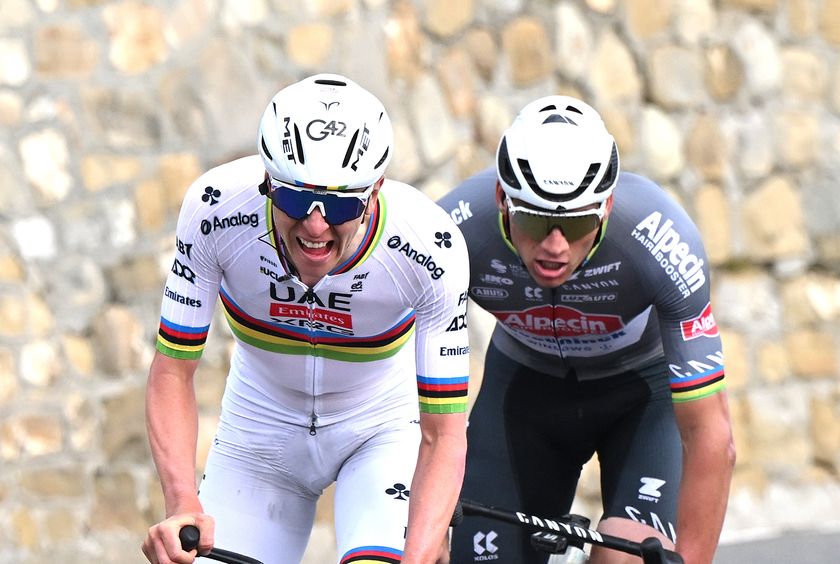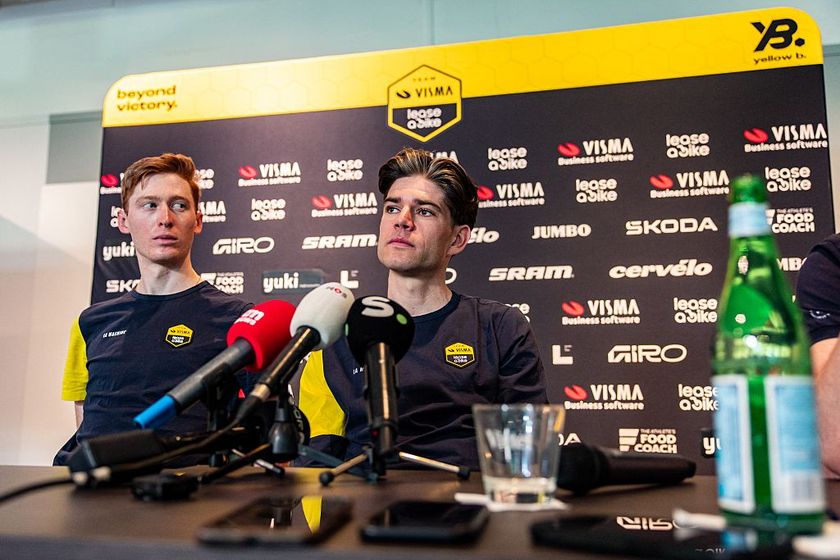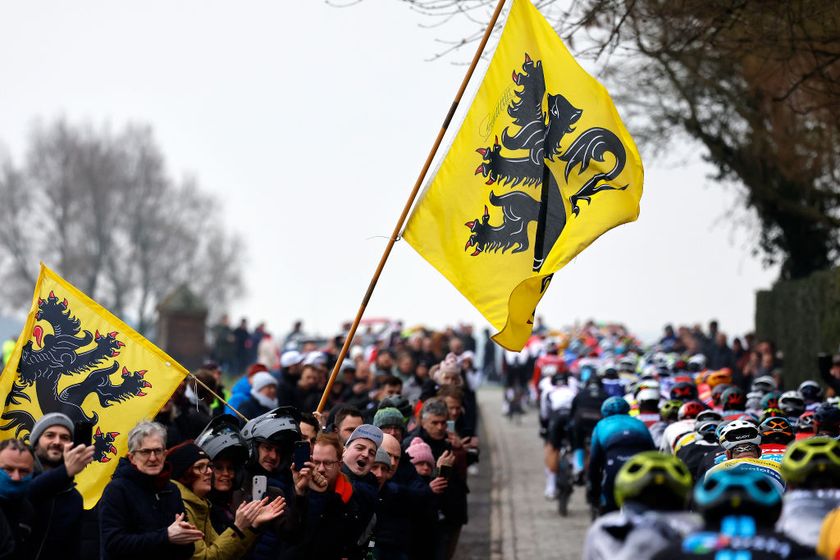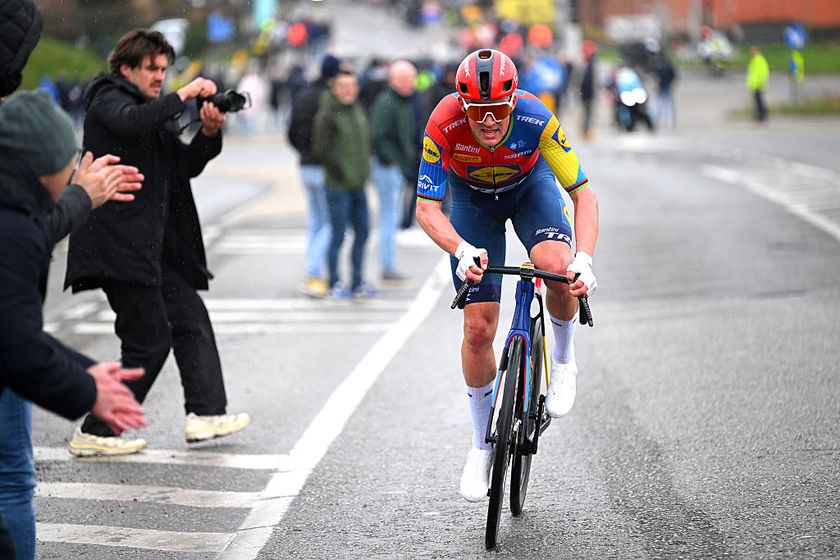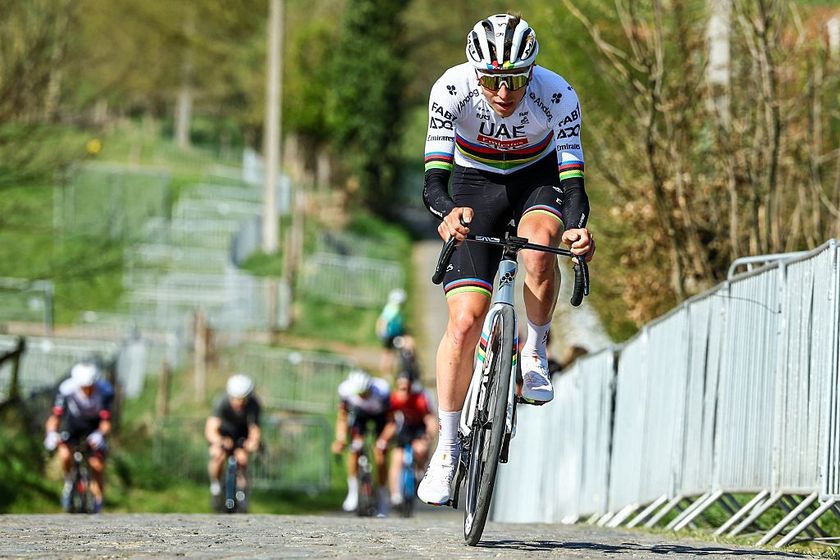Schweizer opens up about abuse at Cervelo-Bigla in 2015
'I was scared but I wanted justice for myself and especially for my teammates'



Doris Schweizer, former two-time Swiss road champion, has come forward with details concerning her experiences while racing for Cervelo-Bigla under the team's owner Thomas Campana. Campana was accused of abusing his power as the head of the team in 2015 by bullying, fat shaming, intimidating riders and ignoring medical concerns.
"I did not want to comment further, but due to extreme reactions, I would like to share some personal thoughts," Schweizer wrote in her blog on Monday.
"It is probably understandable that as a person affected, I cannot understand how such behaviour can be considered ‘normal’ or ‘necessary’ to demand top performance.
"Even four months later, the Swiss main sponsor Bigla did not take the opportunity to catch up or to ask questions - but in my opinion, that alone also draws a clear picture."
In an article published by the Dutch newspaper de Volkskrant last November, former Cervelo-Bigla riders Iris Slappendel, Carmen Small, Vera Koedooder and Schweizer revealed their concerns while at the Cervelo-Bigla team where athletes would avoid Campana's anger.
Schweizer's case revolved primarily around ignored medical concerns after she had crashed during the Giro Rosa that year and suffered from a suspected concussion with symptoms that included blurred vision and sweating. Schweizer said that Campana told her it was 'because of the heat,' and she felt obliged to start and finish the following stage. She was only permitted to leave the race after a phone call from the team doctor, who expressed the seriousness of her concussion symptoms. Schweizer says she suffered from those injuries for two years, and still sometimes feels the after-affects of the head injury.
"I crashed hard and was not in shape to continue (regarding a bone-deep incision on the knee, I just wanted to stick a plaster on it, which already showed that I was not quite sane), let alone to another stage start. But as a noble helper, I did not have the 'right' to get out in favour of my health. The pressure was so great that resisting and driving home was simply not an option," Schweizer wrote.
Get The Leadout Newsletter
The latest race content, interviews, features, reviews and expert buying guides, direct to your inbox!
"I went to the race doctor and he didn't actually give me permission to start anymore, which also put me in a rather unpleasant situation, because I started the next day anyway ... It was my worst race. I could barely ride straight because I had huge problems with my vision. I was miserable. I was misjudging myself with distances and speeds. Total loss of control! Somehow I managed to finish the stage.
"At the thought that I would have five more stages to come, I was really panicked, because how could I manage a descent in my condition? Fortunately, the next morning, our team doctor called and informed about the health risks and long-term consequences, after which I was immediately sent home. However, the consequences were already serious."
Schweizer wrote about other stressful instances while under Campana’s management on Cervelo-Bigla such as lost wages, emotional blackmail and being put in uncomfortable situations with her teammates, but she said the consequences of her concussion was the worst part, which persists four years later.
"Unfortunately, the consequences of this concussion accompany me today,” she wrote. “Sometimes I have extreme headaches, vertigo or difficulty concentrating. Even with stress and pressure ... I sometimes have extreme mood swings.
"My family and friends know how much this concussion has plagued me, especially during the first two years afterward. I would have preferred that I had broken 100 bones. For nights I was awake, had headaches and vertigo, mood swings, visualization problems and balance disorders."
In the original article, Campana denied any wrongdoing and said that he had followed medical procedure and accused Schweizer of hiding her concussion.
Schweizer competed for Cylance Pro Cycling in the 2016 season before moving on to team Virtu Cycling for two seasons. This year, she is competing with Bizkaia Durango.
In 2016, Schweizer along with nine other athletes and staff took their complaints about Campana to the Ethics Committee, but many of them withdrew when they realized that their names would be public knowledge to Campana.
Also, the incidents happened in 2015 and under an older version of the Code of Ethics that did not include teams or staff. At that time, the ethics code only applied to UCI staff, commissaries, technical delegates and members of the various commissions and councils, and so there was no legal basis to sanction Campana for the alleged offences.
"The Ethics Commission informed us after some time that it was not possible to sue anonymously and so almost all the athletes withdrew their complaints," Schweizer wrote.
"I was scared but I wanted justice for myself and especially for my teammates. Only later (after being submitted to Campana for reading) were we informed that we would not be entitled to the judgment or the opinion of the other party. Likewise, team managers and sports leaders are excluded from sanctions. A farce!!"
The UCI updated it's Code of Ethics later in 2016, to include teams and staff. Also, the UCI have recently made three changes concerning harassment and abuse, which are meant to provide additional protections to all employees of UCI Women's Teams.
Article 26.2 explicitly provides for the anonymity of the plaintiff for cases of a sensitive nature. Appendix 1 provides specific rules relating to harassment and abuse such as dedicated reporting channels for filing a complaint and providing relevant information. Also, teams are encouraged to identify a person of contact having the right to collect information relating to potential situations of sexual harassment and abuse, and take action with the UCI Ethics Commission on the team's and/or riders' behalf.
